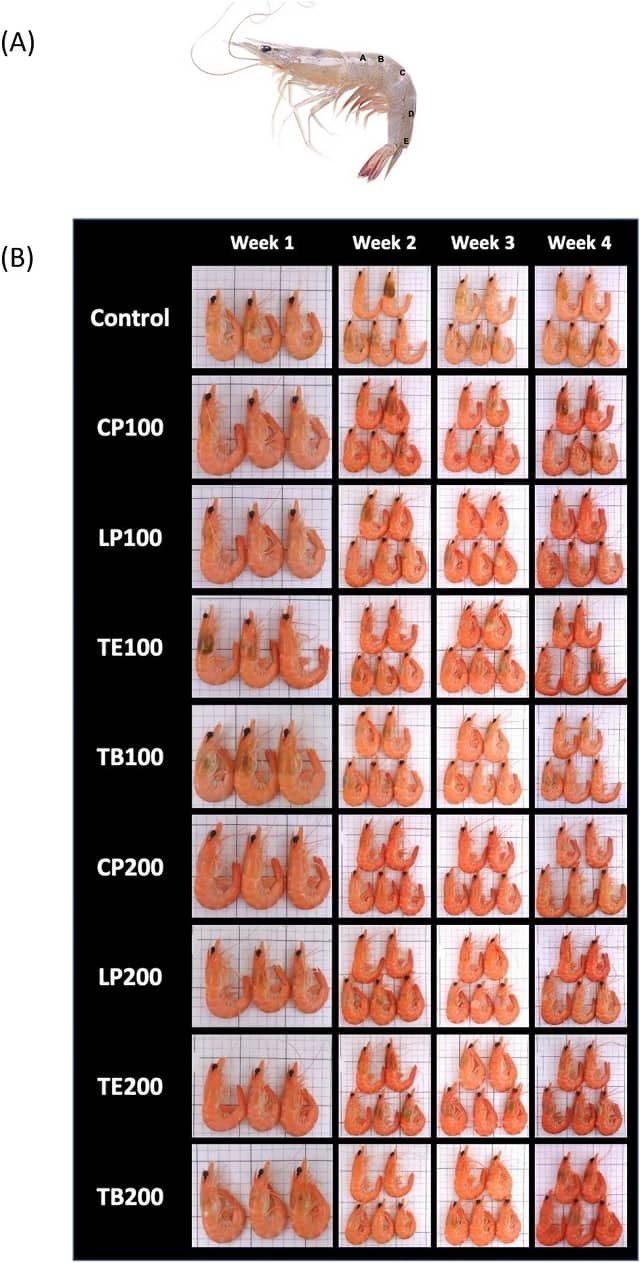By Rosemary Clandos
USA.- Personalized dosing of omega-3 fatty acids decreases prostaglandin E2 in the colon, but the beneficial effects are smaller in overweight people, research finds.
Customized dosing of a cancer-preventive agent can significantly reduce a compound known to trigger colon cancer, a new study shows.
Using blood tests, researchers demonstrated that a fish oil supplement could lower prostaglandin E2 by 50 percent in normal-weight individuals. But those protective benefits were significantly reduced in study participants who have overweight or obesity — even though they received higher doses of the omega-3 supplement.
The study is published in Cancer Prevention Research.
Prostaglandin E2, or PGE2, is one of several important products the body uses to control inflammation and help healing. It is derived from omega-6 fatty acids.
Normally, PGE2 is regulated in cells and defends the colon against injuries and infections. But when PGE2 is out of balance and too much is made, it can lead to too much inflammation and to conditions such as cancer and heart disease. Other fatty acids, particularly omega-3 fatty acids, reduce the amount of omega-6 fatty acids available in a cell. This is a key system that controls how much PGE2 the cell makes.
“Our blood test of ratios of omega-3 and omega-6 fatty acids was one way to personalize fatty acid dosing, but it wasn’t enough in the case of overweight or obesity,” says Zora Djuric, Ph.D., cancer prevention researcher in the departments of family medicine and nutritional sciences at the University of Michigan. “The metabolic effects of having excess weight may reduce preventive strategies and increase the risk of colon cancers.”
Omega-3 supplementation to reduce inflammation
Two-thirds of the U.S. population is overweight or obese, and one of the effects of those conditions is a chronic pro-inflammatory state. When high inflammation continues for a long time, the constant overproduction of PGE2 can lead to cancer forming in the colon, says Djuric.
Stay Always Informed
Join our communities to instantly receive the most important news, reports, and analysis from the aquaculture industry.
Chronic high inflammation can also increase the risk of type 2 diabetes and cardiovascular diseases.
“People metabolize compounds differently. By measuring the fatty acids in the blood after supplementation, we can account for differences among people in absorption, distribution and elimination,” she says.
The idea to study personalized dosing of omega-3 fatty acids came from the collective expertise of the research team. The study was part of a project in the Specialized Program of Research Excellence on gastrointestinal cancer at the University of Michigan Comprehensive Cancer Center led by Dean Brenner, M.D.
William Smith, Ph.D., discovered the mechanisms by which fatty acids affect production of PGE2, D. Kim Turgeon, M.D., led the clinical protocol and Djuric provided expertise in the study of diet, excess weight and cancer risk. Other study team members provided complementary expertise in statistical modeling and clinical research.
The study included 48 participants with varying body mass indexes and no history of cancer. Participants were given a customized dose of fish oil for three months and then underwent blood tests and colon biopsies. Measuring the balance of fatty acids in the colon was a problem because people don’t like getting their colon sampled, says Djuric, so researchers measured fatty acids in the blood to predict the decrease of PGE2 in the colon.
The benefits of balanced PGE2
The proper balance of PGE2 is particularly important in the colon because the bacteria are always adjacent to the colon wall. PGE2 and PGE3 made from omega-3 fatty acids and other fatty acid products are involved in maintaining the intestinal barrier against infections. But after their work is done, the inflammatory response needs to quiet down and not stay elevated for a long time.
These results indicate that cancer prevention in obese people might be a bigger challenge than previously understood.
Although the normal-weight research participants had the 50 percent reduction in PGE2, that success raises a question. Would that reduction adversely affect the normal balance of PGE2 in healthy individuals?
“We know that if people take nonsteroidal anti-inflammatory drugs, such as aspirin or ibuprofen, then their PGE2 goes down by about half and their risk of colon cancer is reduced,” Djuric says. “The problem with taking NSAIDs is that over a long time, they can cause ulcers. So we wanted to use a natural product such as the omega-3 fatty acids in fish oil to reduce PGE2 by a similar amount that is achieved with NSAIDs.”
She says future research should look at the entire profile of many eicosanoids to get a better idea of the balance that is protective. “We don’t quite know that yet.”
She also suggests that using obese animal models — rather than lean ones — would better represent the varying spectrum of people worldwide. “We need methods for dosing preventive agents against colon cancer that are effective for people who have a higher body weight.”
Reference:
Zora Djuric, D. Kim Turgeon, Ananda Sen, Jianwei Ren, Kirk Herman, Devon Ramaswamy, Lili Zhao, Mack T. Ruffin IV, Daniel P. Normolle, William L. Smith and Dean E. Brenner. The Anti-inflammatory Effect of Personalized Omega-3 Fatty Acid Dosing for Reducing Prostaglandin E2 in the Colonic Mucosa Is Attenuated in Obesity, Cancer Prevention Research. DOI: 10.1158/1940-6207.CAPR-17-0091
http://cancerpreventionresearch.aacrjournals.org/content/10/12/729
Source: Comprehensive Cancer Center
Editor at the digital magazine AquaHoy. He holds a degree in Aquaculture Biology from the National University of Santa (UNS) and a Master’s degree in Science and Innovation Management from the Polytechnic University of Valencia, with postgraduate diplomas in Business Innovation and Innovation Management. He possesses extensive experience in the aquaculture and fisheries sector, having led the Fisheries Innovation Unit of the National Program for Innovation in Fisheries and Aquaculture (PNIPA). He has served as a senior consultant in technology watch, an innovation project formulator and advisor, and a lecturer at UNS. He is a member of the Peruvian College of Biologists and was recognized by the World Aquaculture Society (WAS) in 2016 for his contribution to aquaculture.







